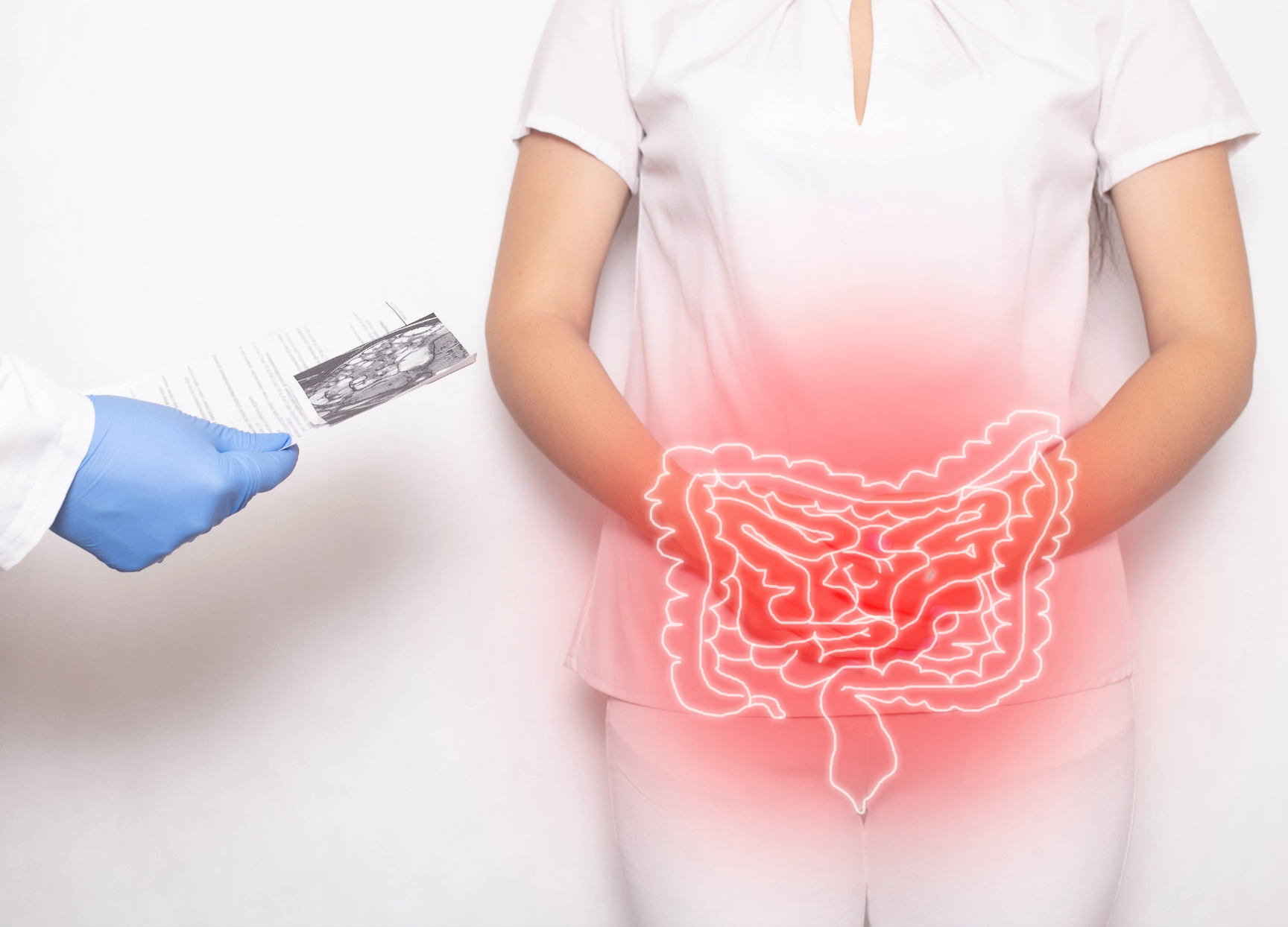Dr Deepak Suri
Consultant Gastroenterologist
Specialist expertise: Endoscopy, Liver Disease, Gastroenterology, Hepatology, Colonoscopy, Inflammatory Bowel Disease, Irritable Bowel Syndrome, Bowel Cancer Screening, Liver, Gastroscopy, Flexible Sigmoidoscopy, Fibroscan, Abdominal Pain, Liver Cirrhosis, Abnormal Liver Function, Dyspepsia, Changes in Bowel Habit, Diarrhoea, Constipation, Rectal Bleeding, Dysphagia, Globus, Ulcerative Colitis, Crohn's Disease.

